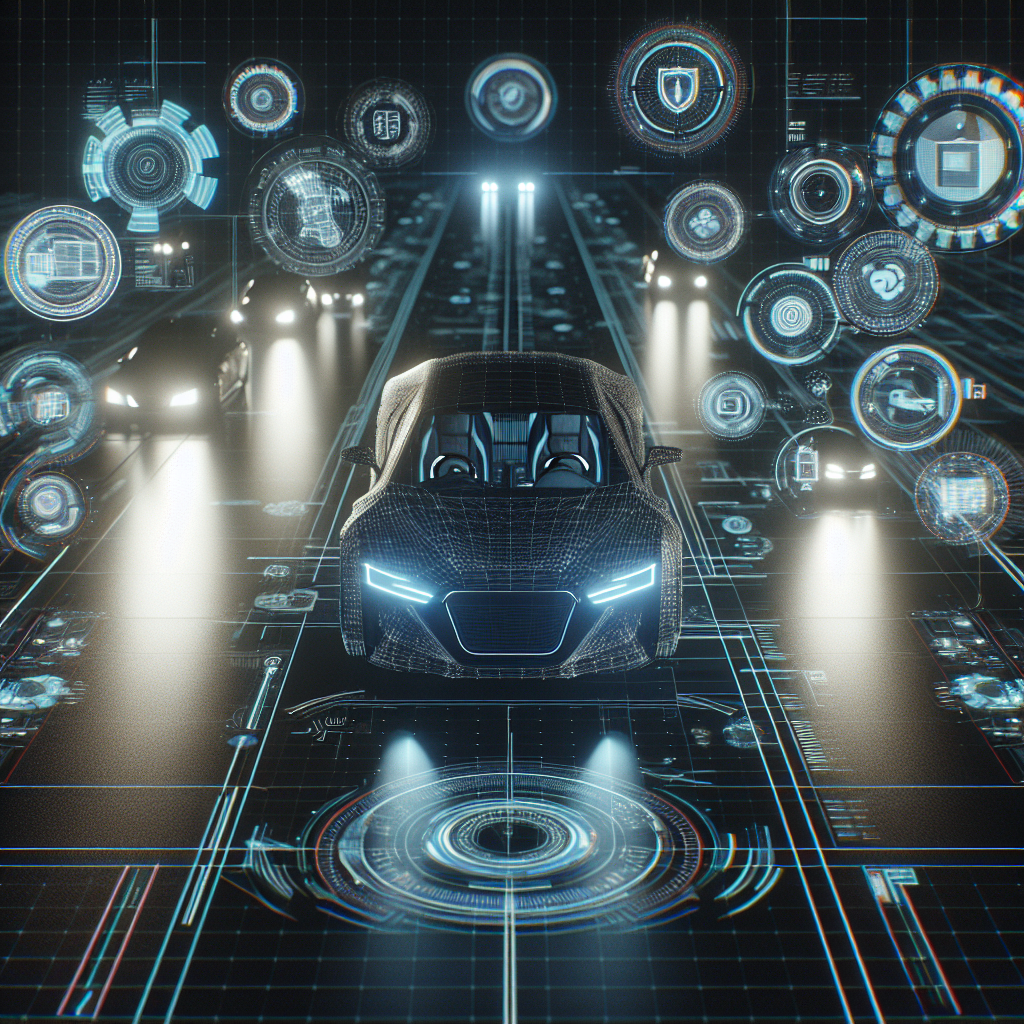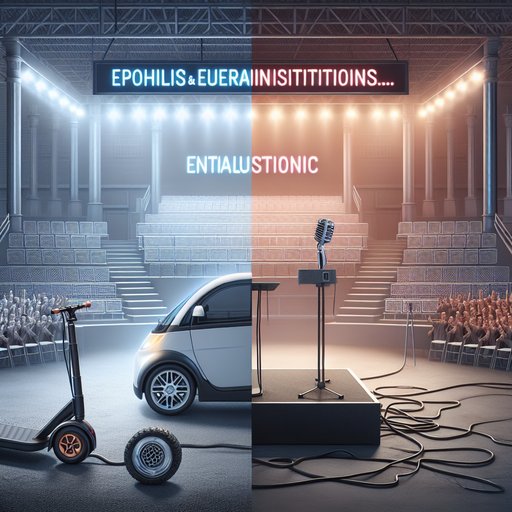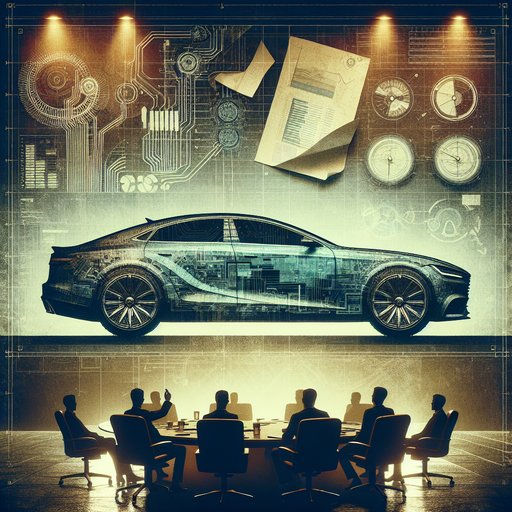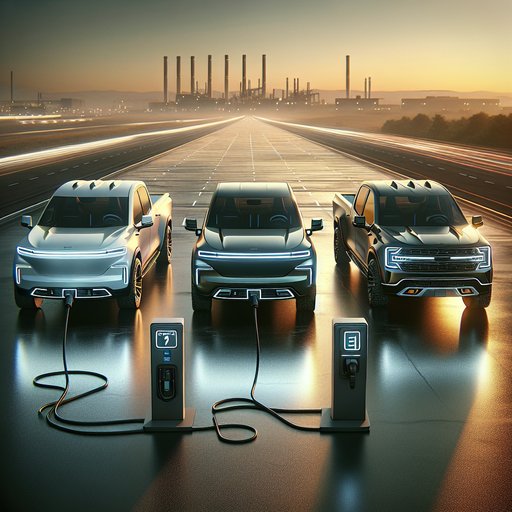
The automotive industry is facing increased scrutiny over vehicle connectivity and cybersecurity as new revelations about data collection and privacy concerns emerge. A comprehensive review of connected car technology, starting with OnStar's introduction in 1996, has revealed the extensive evolution of in-car surveillance and data collection capabilities, raising important questions about consumer privacy and security in modern vehicles [1].
The growing concerns about automotive cybersecurity have been highlighted by recent events, including a major cyber attack that has severely impacted Jaguar Land Rover's operations. The manufacturer has been forced to bring in police and cybersecurity experts to address a global system fault that has completely halted their ability to produce and register new Land Rover vehicles [2].
In response to these challenges, automotive manufacturers are developing more sophisticated security measures. Audi has announced a significant partnership with Rivian, investing $5 billion in the development of a comprehensive software stack that promises enhanced security features. The first vehicles featuring this new technology are scheduled for launch in 2028 [3].
The industry's focus on connectivity continues to expand, as demonstrated by Mercedes-Benz's latest GLC EV model, which features their largest touchscreen interface to date. This increasing reliance on digital systems underscores the importance of robust cybersecurity measures [4].
The evolution of connected car technology has transformed vehicles from simple transportation devices into sophisticated data collection platforms. Modern vehicles can track and transmit information about location, driving habits, and even personal conversations, making cybersecurity a critical concern for both manufacturers and consumers [1].
















